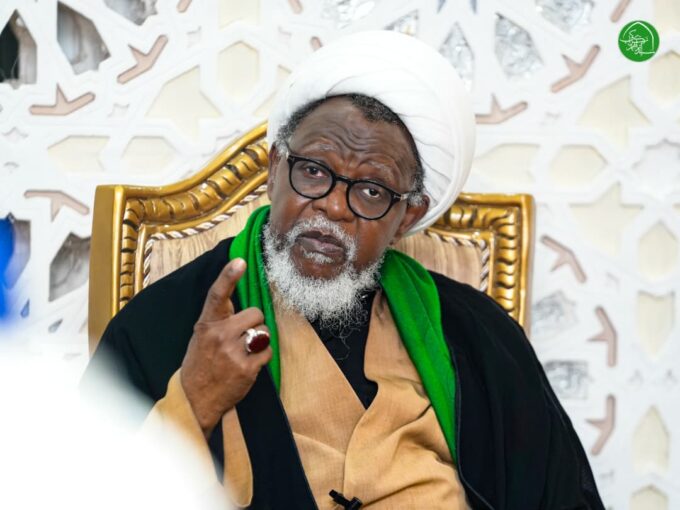The Federal Government has declared an end to the practice of holding onto mineral-rich land without development, warning that concession holders must either actively mine or surrender their titles.
Obadiah Simon-Nkom, Director General of the Nigerian Mining Cadastre Office (MCO), delivered the firm stance during a media briefing in Abuja, reinforcing the government’s “use it or lose it” approach to licensing.
“We’re no longer in an era where people hoard vast mineral-rich lands without development. If the deposit is not economically viable, surrender the title and move on,” he stated.
The MCO reported a significant revenue milestone of N6.95 billion in the first quarter of 2025, attributing the achievement to sweeping reforms, digital transformation, and stricter licensing oversight. A total of 955 applications were received, with 651 being for exploration licenses—a trend Simon-Nkom described as expected, given exploration’s role as the foundation for viable mining projects. The agency also processed 152 license modifications, including renewals, transfers, and relinquishments.
Central to the reforms is the EMC+ digital platform, the exclusive channel for all mining title applications since November 2022. “The only channel for submission is the EMC+ system. It’s completely online—transparent, efficient, and real-time,” Simon-Nkom explained.
“We are no longer just hopeful. We are witnessing the realization of a vision that is transforming Nigeria’s mining industry.” The system has eliminated manual processes, ensuring full transparency and reducing opportunities for manipulation.
To discourage land speculation, the MCO has recalibrated licensing fees to reflect the size of concessions, ensuring that larger holdings incur proportionately higher costs. “If you want to hold 200 square kilometres, you’ll now pay proportionately. No more paying the same fee as someone holding 20 square kilometres,” he said.
These measures are part of broader efforts to sanitize the sector, curb illegal mining, and attract serious investors in line with the Ministry of Solid Minerals Development’s seven-point agenda.
The agency’s progress has drawn recognition from anti-graft bodies, with the Independent Corrupt Practices Commission (ICPC) recently clearing the MCO of compliance concerns and commending its digitization drive.
Additionally, the Nigerian Financial Intelligence Unit (NFIU) views the agency’s reforms as crucial in Nigeria’s bid to exit the Financial Action Task Force (FATF) grey list.















Leave a comment